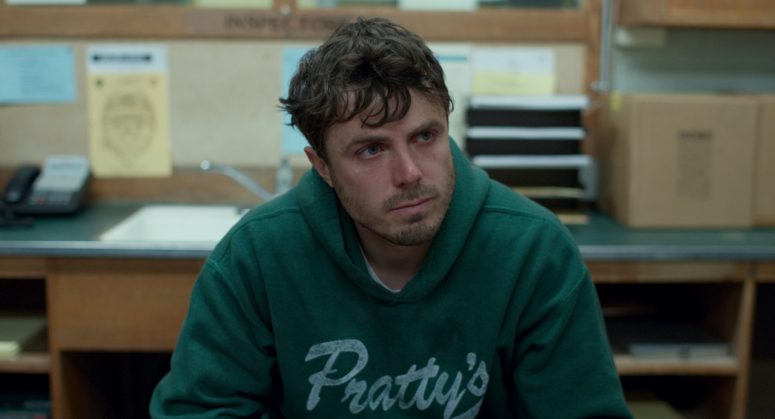5 reasons sad stories are good for you

Courtesy Amazon Studios
My wife and I recently watched Manchester by the Sea. It’s a beautifully-acted but heart-wrenching story about a Boston man (played by Casey Affleck) that is left utterly devastated and largely alone after a careless act and some horrifying bad luck. In fact, it’s one of the saddest movies I’ve seen in years.
Although I appreciated the film, I forgot the importance of tragedy while exiting the theater. “For someone who is living in a comedy, is there any value in being reminded that life sucks sometimes?” I asked myself. “Is there any harm in solely watching movies with happy endings?”
With the help of the internet, this is what I learned:
- Tragedies force us to confront negative emotion. The most famous answer to why we should willingly (if not regularly) subject ourselves to sad stories comes from Aristotle. He argued that tragedies are healthy because they can purge, release, or unclog negative emotions (i.e. pity, fear, remorse) that humans often bottle in instead of facing and accepting.
- Tragedies discourage reckless behavior. In addition to building empathy, Greek philosophers also argue that tragedies can serve as a reminder of how not to behave if you want a happy ending for yourself. Through the eyes of others, we might attribute equal consequences to our own actions.
- Tragedies foster empathy. More specifically, tragedies reinforce pro-social values such as love, friendship, compassion, and charity. “Tragedy is more important than love,” argued C.S. Lewis. “Out of all human events, it is tragedy alone that brings people out of their own petty desires and into awareness of other humans’ suffering. Tragedy occurs so we will learn to reach out and comfort others.”
- Tragedies help us reevaluate our own relationships. A recent Ohio State study found that “the sadness from observing the dramatic fate or unfulfilled love of others fosters thoughts about one’s own close relationships.” This is similar to number two, but directly tied to our careless treatment of others.
- Tragedies encourage gratitude. Tragedy is a necessary part of the human condition. In fact, “contentment breeds complacency,” reports Pacific Standard Magazine. Therefore, “Tragedy wakes us up, reminds us that horrible things can and do happen, and inspires us to appreciate what we have.”
In that way, tragedies are arguably more important than comedies. In excess, the latter could even be compared to a numbing drug rather than curing antidote.
This article first published to blakesnow.com in spring 2017.

Good information and good reminders regarding life trials, and happiness.
Thanks, Mom